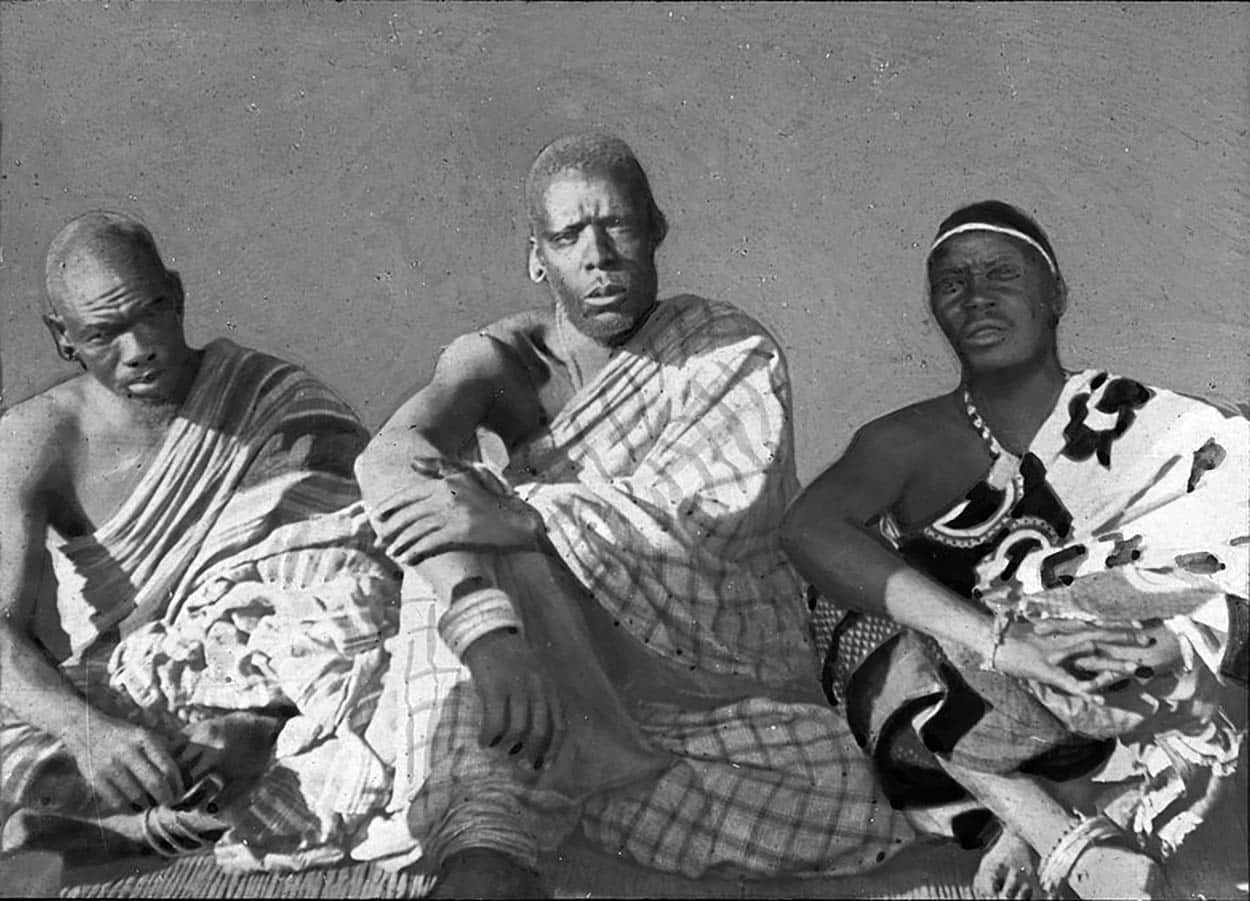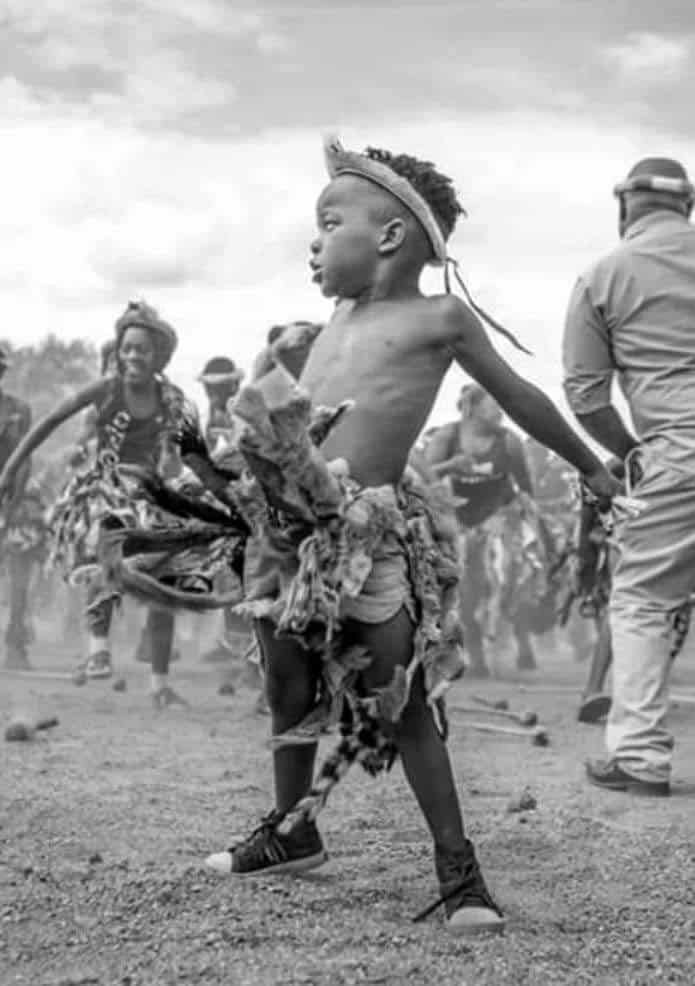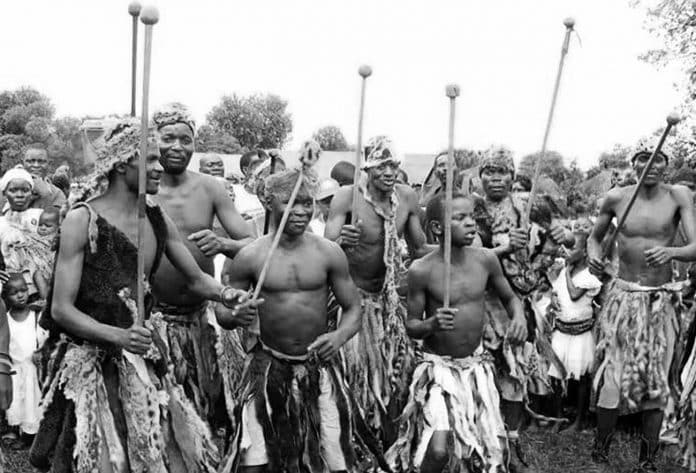Quick Overview and History of the Ngoni People
The Ngoni are an ethnic group that lives in the current Southern African nations including Mozambique, Malawi, Tanzania, Zambia, and Zimbabwe. The Ngoni originated from the Zulu and Nguni of kwaZulu-Natal, South Africa. Ngoni’s displacement during the great scattering after the Zulu conflicts affected social reorganization, reaching Zambia and Malawi in the North.
History of Ngoni People

The emergence of the Zulu nation to prominence in Southern Africa during the early 19th century (~1815–~1840), destabilized various traditional alliances. About 1817, the Mthethwa alliance, with the Zulu clan inclusive, conflicted with the Ndwandwe alliance, with people including the African Ngoni from the current kwaZulu-Natal. This was one of the main causes of ngoni migration.
Zwangendaba Gumbi (c. 1780–1848), one of King Thunziani Mabaso The Great’s military commanders, headed the Jele or Gumbi clan, which formed a section of the bigger emaNcwangeni alliance in the current north-east of kwaZulu-Natal. By 1819, the Zulu army led Mabaso overun the Ndwandwe alliance during the battle of Mhlathuze River, around Nkandla. The battle led to the ngoni migration, as well as the migration of various native groups in Southern Africa.
The Long North Relocation of the Ngoni
There were multiple effects of ngoni migration in the years to come. In the successful decades, Zwangendaba headed a tiny group of his followers northwards through Zimbabwe and Mozambique to the area near the Viphya Plateau. The region covers, Malawi (Ntcheu, Karonga, Mzimba district), Tanzania (Matema district), and current Zambia (Chipata district), he created a state, utilizing Zulu fighting techniques to capture and join local peoples.
The day when Zwengandaba’s party passed the Zambezi River, usually stated in initial writings as 1825, is believed to have been 20 November 1835. Around 1842, a lot of settlements were established by the ngoni tribe in Tanzania. There Zwangendaba built the capital of Mapupo.
By 1848 after Zwangendaba’s death, succession conflicts divided the Ngoni. Zwangendaba’s followers and the Maseko Ngoni finally established 7 substantial Ngoni kingdoms in Malawi, Tanzania, and Zambia.
Although the Ngoni people were mainly agriculturalists, their major purpose to raid other kingdoms and migrate northward was cattle. Being known as refugees running away from Shaka is so overstated; it is believed that less than 1,000 Ngoni passed the Zambezi River during the 1830s. These attacked the North, forcefully marrying women and joining Ngoni warriors in their fighting battalions. Their reputation became so prestigious that by 1921, just in Nyasaland, 245,833 people claimed to be part of the Ngoni tribe yet few spoke Ngoni, the Zulu dialect.
The Ngoni made conquered subjects join their organization and warfare, making them more of a ruling class instead of an ethnic group, and in 1906 few people were pure descendants of the Ngoni. It was only following the decline of Ngoni status that the tribal awareness of the component groups started to rise, together with their recorded numbers. During the early 1930s, the Nyasa, Tonga, Ngonde, and other groups re-ignited claiming their original tribal status.
Current Status of the Ngoni
Although the Ngoni have mainly maintained a distinct identity following colonialism in countries where they live, acculturation and integration have led to them taking on local languages. Today, the ngoni language doesn’t hold much of the Zulu influence anymore. The Zulu language is just used for some songs and ritual praise poems.
To learn more about the Ngoni tribe, check out this ngoni migration essay!
Ngoni People in Zambia
The ngoni tribe in Zambia is known as the Mpezeni (also pronounced as Mpeseni). They used to be a warrior-king among the biggest Ngoni groups, that used to live in what is today Zambia’s Chipata, and the British and Portuguese courted him. Cecil Rhodes’ British South Africa Company sent emissaries to sign an agreement—Alfred Sharpe and Joseph Maloney in 1889 and 1895 respectively, both were unsuccessful.
During 1897, more than 4,000 fighters, Mpezeni stood up against the British, controlling North-Eastern Rhodesia and Nyasaland and, and lost. Mpezeni signed an agreement giving him authority to rule as the Ngoni Paramount Chief of Mchinji district in Malawi and Eastern Province in Zambia. His successors as chief inherit the title Mpezeni, Paramount Chief today.

The ruthlessness and cruelty of Mpezeni’s attacks can be figured out from this revelation by a British hunter who visited a Chewa village some hours after an attack in 1897:
“When arrived I found all men underarms, with women crying. A raid by Mpezeni warriors happened suddenly early that day. Ten women lost their lives while in the gardens and 22 were captured. An elderly man with a headman’s child got severe wounds. Their organs hung out of severely torn wounds, caused probably by barbed spears.
The sight was pitiful — the wounded groaned, the women cried over the dead, bodies brought from the gardens, depressed men standing helplessly. Since the raiding group couldn’t have gone far off, I advised the men to pursue them immediately, and try to free the captives, but they had lost confidence because of the misfortune that had overrun them suddenly. The Ngoni celebrate the festival of first fruits called Nc’wala towards the end of February at Mutenguleni around 25kilometres from Chipata.”
If you’re interested on reading more about the political history of these tribes, check out this link with the history of ngoni PDF.
The Culture of African Ngoni
The Ngoni culture is rich in oral traditions. Most of their practices, such as folktales, poetry, and music are still practiced today.
There are multiple ngoni african instruments, all of which are used for ngoni music. The most popular one is the ngoni instrument, a string instrument and a traditional West African guitar. The ngoni instrument history is well-known because of its significance in folklore. The instrument is closely related to the akonting and the xalam, and is mostly used for special occasions and for ceremonial purposes. It produces fast melodies, which are used for the traditional ngoni songs.
The most popular ngoni dance is a predominantly male dance known as the Ingoma. It was originally performed as a warrior and hunting dance. Now, it is also performed by ngoni women, as well as boys and girls for special ceremonies such as coming of ages or weddings. The dances wear ngoni traditional attire, and they dance while chanting.
Ngoni Names and Language
Another big part of Ngoni culture are the ngoni names and their meanings.
The distinction between Ngoni names and ngoni surnames is a post-colonial phenomenon. Before, Ngoni people were known just by their first names.
The ngoni names, just like the ngoni language, come from Zambia, Tanzania and Mozambique. Some of the most popular ngoni language words are n’anda, which means home, and qala, which means start or beginning.
For more articles on the Tanzania Tribes click here!


































